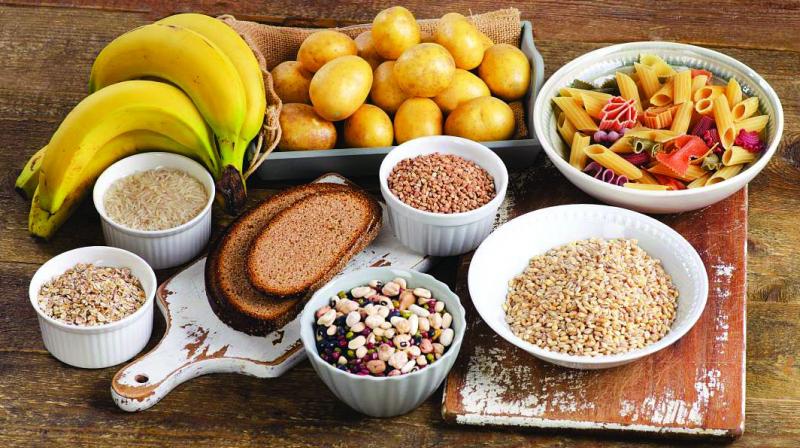World food prices up in May: Food and Agriculture Organization
The Food and Agriculture Organization (FAO) also warned that a sharp fall in the expected maize crop in the flood-hit United States.

Rome: World food prices rose for a fifth consecutive month in May after bad weather pushed up the prices of cheese and maize, the United Nations food agency said on Thursday.
The Food and Agriculture Organization (FAO) also warned that a sharp fall in the expected maize crop in the flood-hit United States had dampened its previous forecast of bumper global cereal production in 2019. FAO's food price index, which measures monthly changes for a basket of cereals, oilseeds, dairy products, meat and sugar, averaged 172.4. points last month against 170.3 points in April — its highest level since last June.
The FAO dairy price index jumped 5.2 per cent from April's value, nearing a five-year high, with cheese helping to drive up the index thanks to strong global demand for the product as drought in Oceania limited that region's export prospects.
The FAO cereal price index rose 1.4 per cent because of a sudden surge in maize price quotations after planting of the crop got off to the slowest pace ever recorded in the United States due to widespread flooding and rain.
By contrast, the sugar index fell 3.2 per cent for the month, and the vegetable price index dropped 1.1 per cent. In its second forecast for 2019, FAO predicted world cereal production would come in at 2.685 billion tonnes, down from its previous forecast of 2.722 billion tonnes but still up 1.2 per cent on 2018 levels, when output declined.
"The year-on-year increase in global cereal production reflects expansions of wheat and barley production, while global rice output is likely to remain close to last year's record level," FAO said.
"Worldwide maize output, however, is now seen to fall, with US production expected to shrink by 10 per cent from the previous year amid a much reduced pace of plantings due to unfavorable weather conditions."
The UN agency said new estimates for production and utilization suggested world cereal stocks could decline by as much as 3% in the new season, hitting a four-year low of 830 million tonnes. — Reuters

